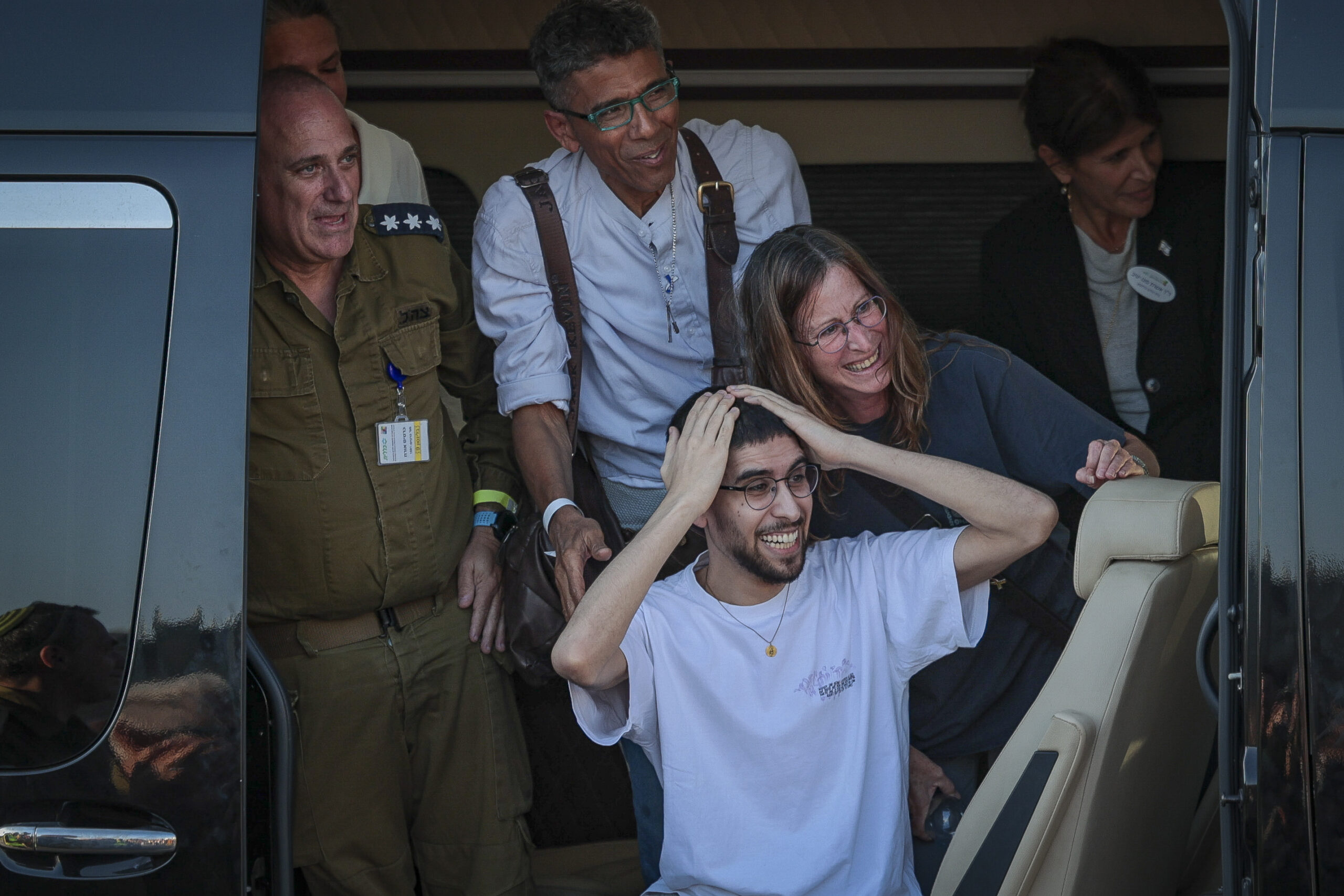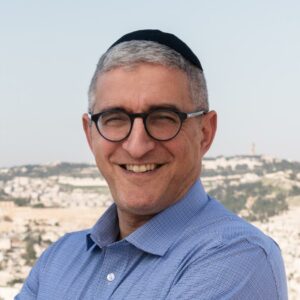One of the most moving moments of the hostage releases was when 27-year-old army nurse Bar Kuperstein, after 737 days in Hamas captivity, finally reunited with his family. As Bar stepped off the bus at the Re’im base, his father Tal—partially paralyzed since a stroke—rose shakily from his wheelchair to meet him. For two years Tal had fought to stand again, pushing through painful rehabilitation for this one moment: to be able to embrace his son when he returned. Anyone who can watch that footage without crying doesn’t have a heart. It was a moment of pure redemption in a nation that has seen too much darkness.
But gratitude doesn’t cancel pain. As the Kupersteins embraced, other Israelis watched the men who murdered their loved ones walk free. Hundreds of convicted terrorists—men responsible for bombings, shootings, stabbings—were released in exchange for the hostages. It’s a wound that doesn’t close. And history haunts the moment: Yahya Sinwar, the mastermind of October 7, was himself freed in the 2011 deal for Gilad Schalit. We paid that price once, and we are paying it again. Will one of these freed terrorists, God forbid, be the next Sinwar?
For two years, we prayed for this moment. Now that the living hostages are home, what comes next? Is this deal that Trump and Netanyahu forged the redemption we’ve been waiting for—or just another pause before the next round of heartbreak?
Shortly after his fifth election victory in late 2022, Prime Minister Benjamin Netanyahu sat for an interview with journalist Bari Weiss. When she asked him who his favorite biblical character was, he didn’t hesitate: King Saul. Netanyahu called Saul a “tragic” figure—a great leader who rose to defend Israel but was ultimately undone by his own limits. It was an honest and revealing choice, because in many ways Netanyahu has become the Saul of our time.
Saul’s accomplishments were extraordinary. When he became king, Israel was divided, broken, and defenseless. The Philistines had stripped the people of all their weapons. “There was neither sword nor spear found in the hand of any of the people… only Saul and Jonathan his son had them” (I Samuel 13:22). Yet Saul built an army, united the tribes, and gave Israel what it had lacked for centuries: security and dignity.
Ultimately, however, Saul stumbled and fell. He fought Amalek and won, but didn’t finish the task. He protected Israel’s body but neglected its soul. The Ark of the Covenant—the very symbol of God’s presence among the nation of Israel—sat forgotten in a private home in Kiryat-Yearim. As the Book of Chronicles says, “[Israel] did not seek the Ark of God in the days of Saul” (I Chronicles 13:3). Saul fought heroically to make Israel safe, but he didn’t make Israel whole.
Imagine someone obsessed with staying healthy. They count every calorie, take all the supplements, follow every new diet trend. Their whole life revolves around not getting sick. But they never stop to ask the bigger question: “why do I want to be healthy?” Health is a means, not an end. You take care of the body so you can live with purpose — not so you can spend your life worrying about your cholesterol.
It’s like someone who spends all day packing for a camping trip — he gets the tent in the car, buckles the kids in, checks the map — and then never leaves the driveway. All that effort, and they never actually go anywhere.
That was Saul. He poured himself into Israel’s “health” — its safety, its security, its survival. And to a great degree, though not entirely, he succeeded. But he never asked what that survival was for. He made Israel strong, but he didn’t give it direction.
Netanyahu’s admiration for Saul is revealing because he has lived out the same pattern. Like Saul, he has been consumed—admirably—with Israel’s security. He revitalized the Israeli economy, strengthened the army, navigated impossible global pressures, and kept the country thriving through decades of crisis.
But like Saul, Bibi never speaks about the Ark. Today, the Ark’s equivalent is the Temple Mount — the place that represents Israel’s ultimate goal: to build a holy society in the holy land with God at its center. Yet it barely crosses Bibi’s radar. And in that, he mirrors the nation itself. Fewer than 70,000 Jews ascended the Temple Mount this past year—in a country of more than seven million. We are the people of Saul and Bibi: heroic, resourceful, fiercely focused on survival, yet unsure what that survival is meant to serve.
When David became king, his first act was to bring the Ark to Jerusalem. “Let us bring back the Ark of our God to us,” he said, “for we did not seek it in the days of Saul.” It was a simple sentence—but a revolution. David was declaring that Israel’s purpose was not just to exist but to make God’s presence visible in the world. He was saying, in effect: our capital will not be built around power or politics but around holiness.
David understood that security is the groundwork, not the goal. Because his purpose was clear, his victories were complete. Saul weakened the Philistines; David utterly destroyed them. The difference wasn’t weapons—it was vision.
David is described as “ben Peretz”—the descendant of Peretz, the “one who bursts forth.” In our Friday night Lecha Dodi prayer we sing: “To the right and to the left you shall burst forth (tifrotzi), and the Lord you shall praise through the man who descends from Peretz.” David was a poretz, a man who broke the mold and burst forth. He shattered the narrow imagination of his generation and opened a new path toward Israel’s ultimate goal—the Temple and a world where God’s name is known.
That clarity of purpose gave David the strength to finish the work Saul began. It’s what will one day let Israel finish ours.
We owe Netanyahu enormous gratitude, just as Israel owed Saul. Both Saul and Bibi gave us safety and strength. This is the salvation of Saul—and we should thank God for it.
But we must not mistake this for the final redemption. We are still waiting for David—the leader and the generation that will be poretz once again, breaking through the limits of mere survival and placing God back at the center of our national life. The one who will remind us that Israel’s purpose is not only to live, but to live for God.
That’s the David we’re waiting for.





